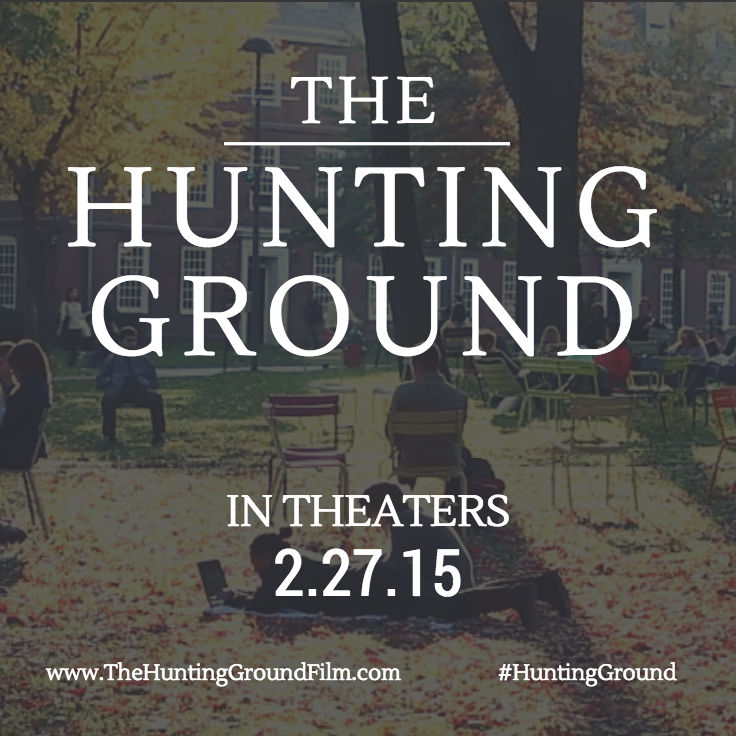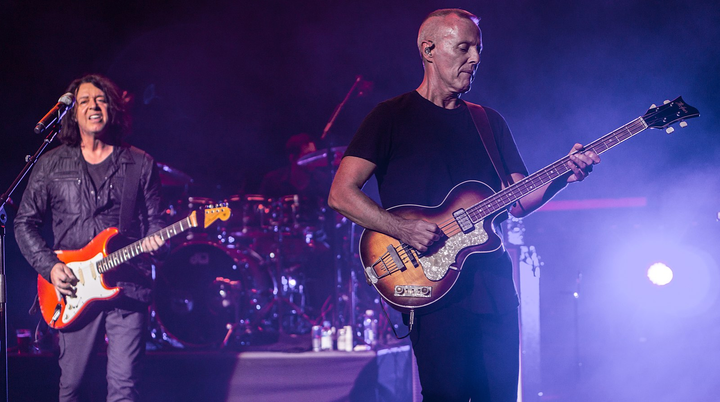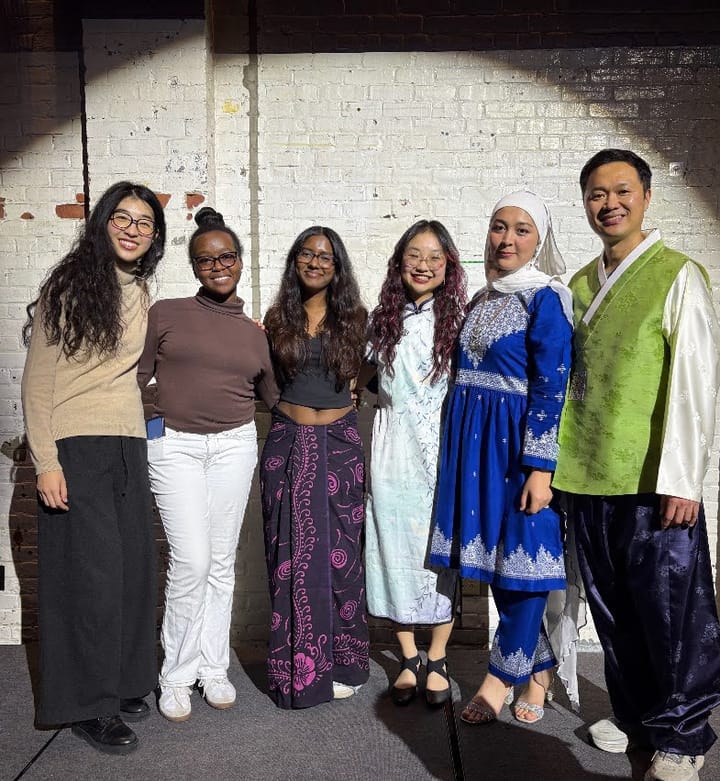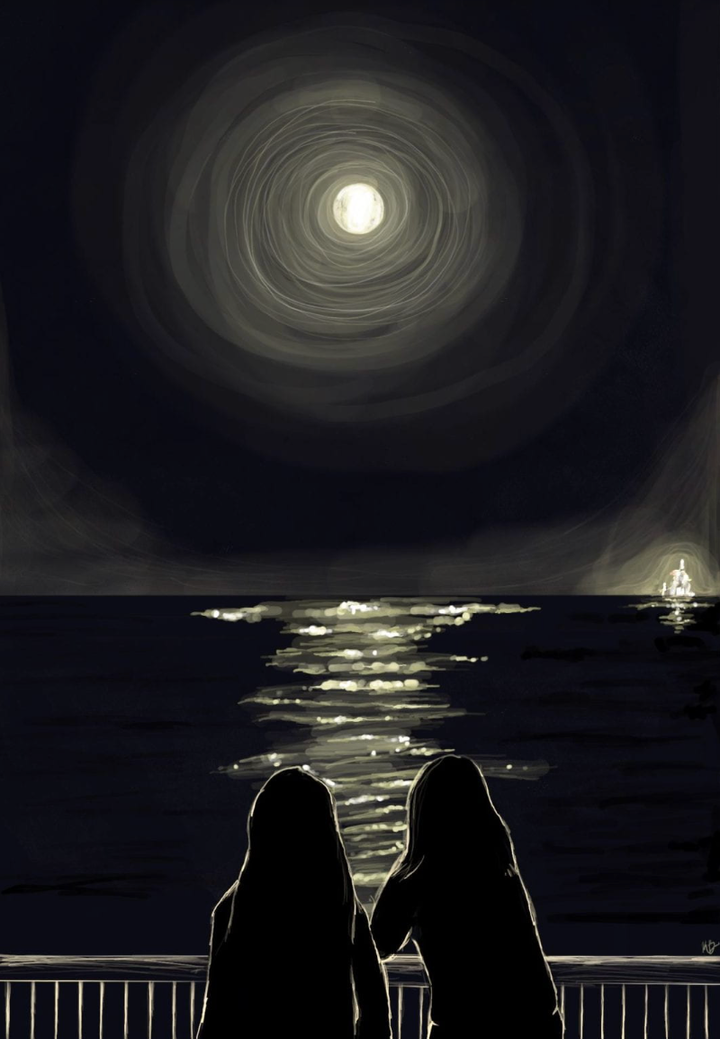“The Hunting Ground” Exposes College Administrative Negligence

Over the last few years, I have been no stranger to the culture of sexual assault on college campuses. But watching “The Hunting Ground,” a new documentary by Kirby Dick and Amy Ziering ’84, makers of “The Invisible War,” even I was surprised and sickened by the horrifying assaults suffered by so many students and, perhaps more so, by the way in which survivors were treated by their colleges and by the media.
The film begins with a touching montage of home videos showing students reacting to their acceptances at their dream schools. One can’t help but cringe as the celebrations, collegiate music and bucolic shots of college campuses are juxtaposed against harrowing accounts of rape. A 2013 Harvard promotional video with the song “Anything Could Happen” playing in the background takes on a chilling double meaning. Evidently, anything can happen, and it’s beyond your wildest dreams — or nightmares.
“The Hunting Ground” focuses on two former students at the University of North Carolina, Chapel Hill, Andrea Pino and Annie Clark, and a graduate student at Harvard, Kamilah Willingham. Andrea Pino and Annie Clark were both sexually assaulted during their first years in college and both faced callous administrators who were more interested in protecting their reputation than their students.
“Rape is like a football game. Just look back and think about what you would have done differently,” an administrator told Annie Clark. Kamila Willingham was asked why she didn’t fight her assailant after she had repeatedly said she was unconscious during the attack.
Students recount how they were asked what they were wearing, whether they said no and how they said no. One student at Swarthmore was told that her rapist was “probably going through a hard time.” The film shares story after story of women and men who faced the same cold treatment from institutions that had pledged to protect them, suggesting that there is a much more insidious villain in the fight against sexual violence.
The reaction to Florida State University student Erica Kinsman’s rape is particularly saddening. Her alleged rapist is FSU’s star quarterback Jameis Winston, or “Jameis Christ,” as adoring FSU fans call him. When she attempted to press charges against Winston, she was branded as “a liar” and as “just [wanting] to be a part of the scene.”
“How terribly unfair it is to this young man!” sports commentators lamented. The film’s focus on the relationship between masculinity, the cult of athletics and sexual assault on college campuses is important.
“If you don’t think [college athletes are] part of a culture of entitlement, just look at all the fanfare that goes into college football,” says one interviewee.
The structures in place to protect students are flawed, and survivors of sexual assault find themselves having to battle not only their assailants but also their administrations and their fellow students, who often contribute to a culture of victim-blaming. In the end, it all comes down to the question: what’s in it for me? Fans want to protect their beloved athletic culture, coaches want to ensure their teams make it to the playoffs, fraternity brothers want to safeguard their right to party and university officials just want the donations to keep flowing and the applications to keep coming. Sexual assault survivors, to these people, are simply nuisances.
I do worry that the documentary’s focus on more identifiable forms of violence, on the crimes committed in shady club hallways and on bathroom floors, by perpetrators inflicting outwardly visible harm, may cause audiences to forget that sexual assault can be — and most often is — committed in familiar environments and by people who at first appear friendly. The fact is, sexual assault is not often violent in the ways we recognize but it is always, always wrong.
“It’s really the people you do know that you should be worried about,” one interviewee puts it plainly. Rape and sexual assault exist within a broader environment of sexual disrespect, in which seemingly benign jokes and body policing abound. But when we allow rape jokes to exist, we allow rape to exist, and any piece that seeks to interrogate and challenge rape culture should address the spectrum of sexual disrespect and not just its most blatant manifestations.
Still, even when rape is clear-cut and recognizable, justice is nowhere to be found. The film does a phenomenal job bringing to light the fact that violent rape occurs and administrations are taking all the wrong steps — if they’re taking any steps at all — to address the issue. “The Hunting Ground” is heartbreaking and so, so important to watch, especially for those who do not go to school on a campus where these issues are regularly talked about.
Pino and Clark, however, are a part of a movement against sexual violence that is growing. They successfully filed a Title IX complaint against their school and self-learned the case law necessary to pursue the investigation. They both found strength in helping other survivors tell their stories, and in their — and others’ (including Dana Bolger ’14, who is featured briefly in the film) — persistence, we find a strand of hope. The documentary ends with a call to arms: “Together we can stop this epidemic. Support survivors, help pass legislation, and hold university presidents accountable.”
I scoffed out loud in the theater when a clip from an interview during the 1990s revealed a young man asking, “Just because a woman said no, and you had sex with her, does that make you a rapist?” It’s sad because as laughable as that question is, and despite the fact that 20 years have passed since then, universities still aren’t giving that question the resounding yes it deserves.
“The Hunting Ground” is now playing at Amherst Cinema.





Comments ()